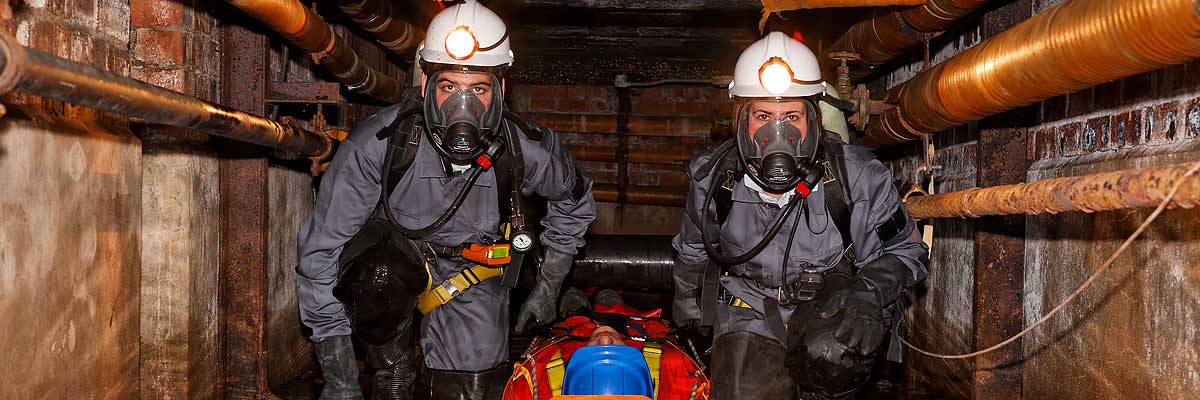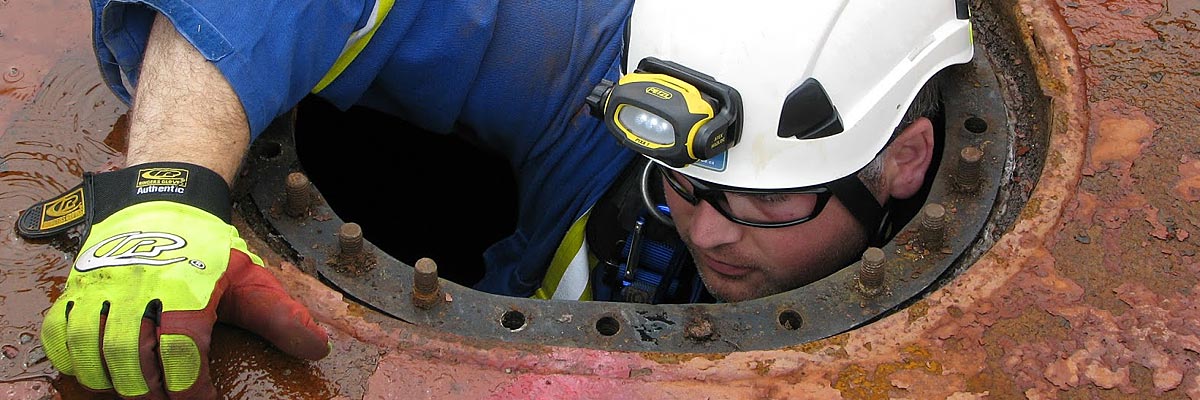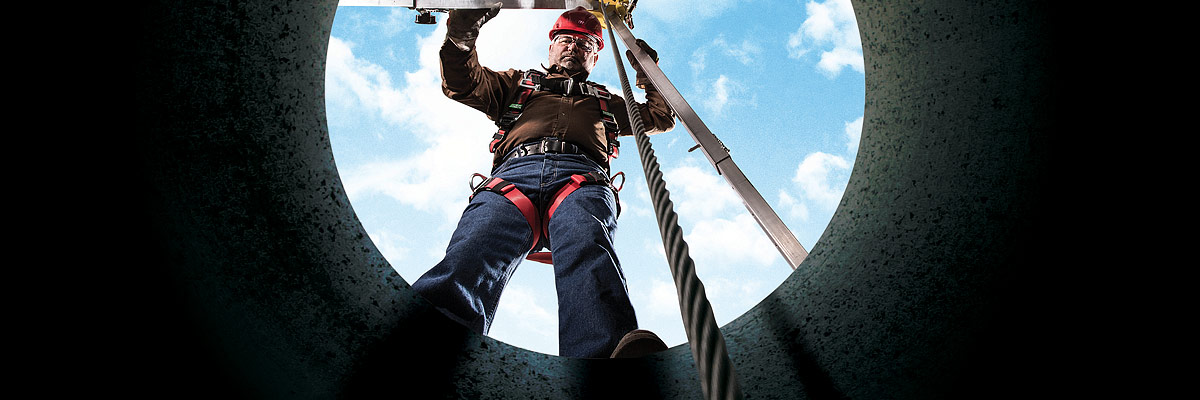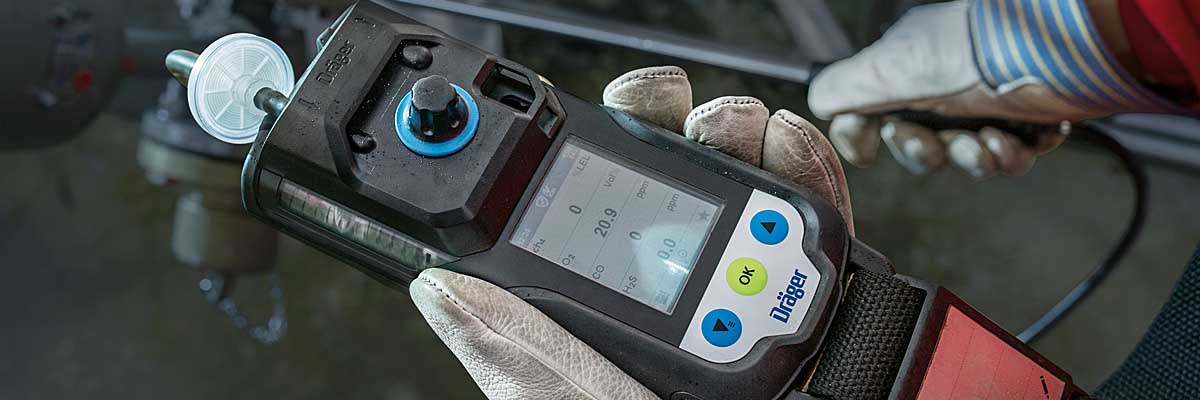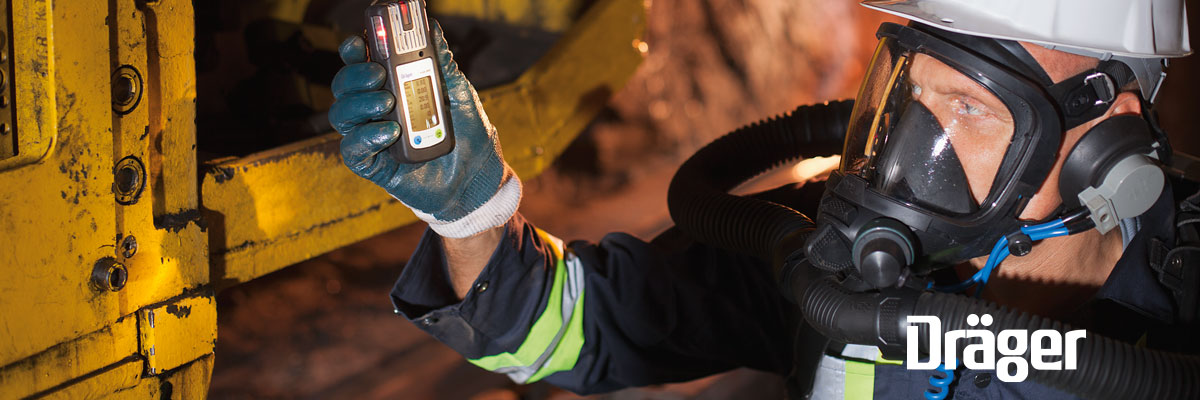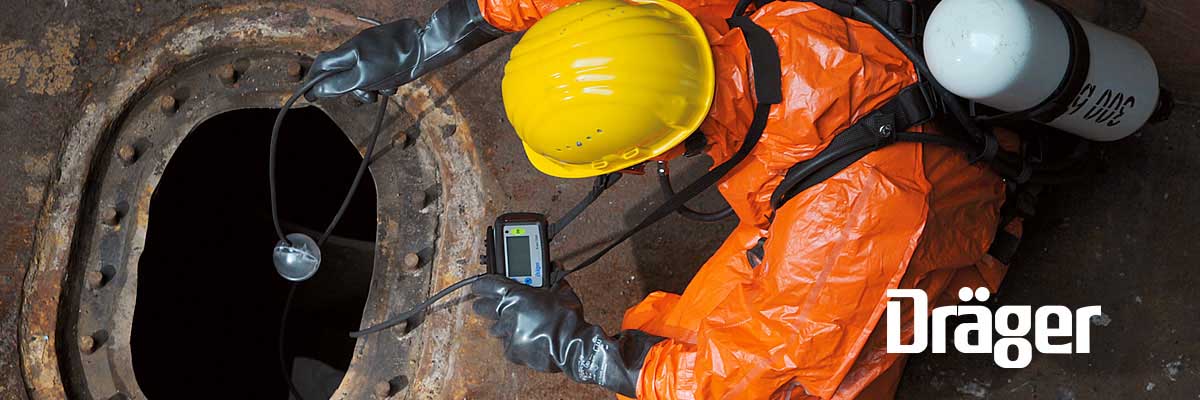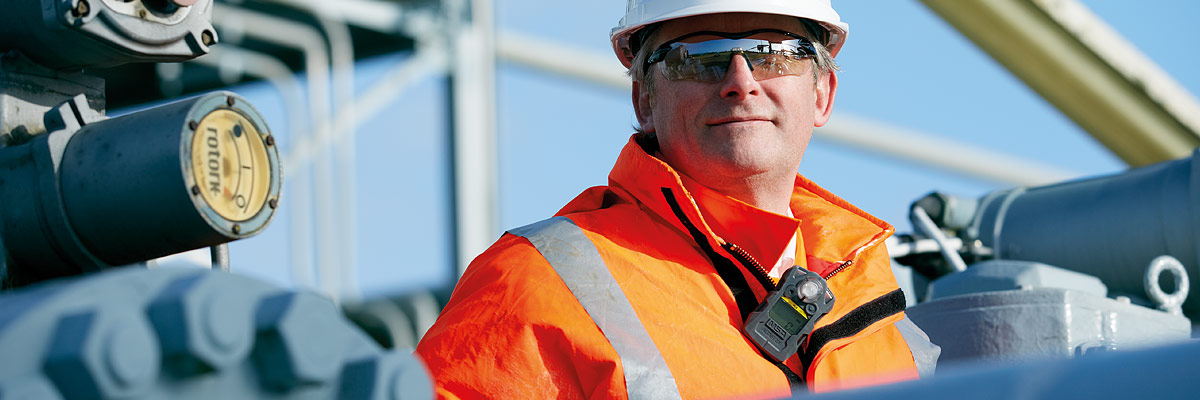Confined Space
- SPI6/17/2025
Confined space risk assessment: what you need to know
Confined Space Safety: What You Need to Know
Working in confined spaces involves specific risks that require strict vigilance and thorough preparation.
Whether you're in charge or a worker, these best practices are essential to preventing accidents.
Learn how to identify and assess specific hazards, implement the necessary prevention measures, and understand the critical importance of rescue preparedness in emergency situations.
- 2/27/2025
Preventing Occupational Fatalities in Confined Spaces
Every year, workers lose their lives due to oxygen-deficient atmospheres, toxic gases, or unplanned rescues. More than 60% of confined space fatalities involve would-be rescuers.
The solution? Recognition, evaluation, and rescue planning.
Learn the key safety measures to prevent tragic incidents in confined spaces.
- SPI6/19/2024
Q&A: Confined Space Oxygen Levels and Gas Detection with Dräger
Confined spaces present unique hazards to workers due to the potential for limited ventilation and the accumulation of dangerous gases. Understanding oxygen levels and other gas concentrations is critical to ensure safe entry and for working within these environments.
- SPI6/1/2024
Effective Safety Practices for Working With Confined Space Hazards
Working in confined spaces presents unique challenges and risks, significantly distinct from those found in more open work environments. Due to their limited access and the potential for hazardous conditions, confined spaces require stringent safety measures to protect workers
- SPI5/25/2023
Quebec’s confined space regulation has changed. Are you compliant?
Several regulatory changes have been introduced in Quebec in recent years. The aim of these changes is, of course, to improve worker safety, in particular by making workplaces safer. Confined space work is the next target of these regulatory changes. Replacement definitions, new provisions and modified atmospheric thresholds will come into force on July 25, 2023.
- SPI9/1/2022
Danger! 3 questions to ask before entering confined spaces
External service providers are often at risk in confined spaces. They are hired to do work that you can't or won't do yourself. Even if they are used to doing specialized work, that doesn't mean they are protected from danger.
- SPI6/1/2021
Confined spaces rescue
Did you know that most serious accidents and fatalities occurring in confined spaces are related to oxygen deficiency or due to the presence of toxic or flammable gases? However, it is estimated that 60% of fatal accident victims are persons who attempted a rescue without the proper knowledge or necessary equipment for this type of intervention. In any case, regardless of the situation, not everyone can become a rescuer!
- SPI8/4/2019
Gas detection : different applications for different detectors
Come and learn how to better determine your gas detection needs with the advice of our experts: discover the differences between detectors, differences in applications and usage.
- SPI2/12/2018
Mining: gas detection and the new standards on No2 exposure
Nitrogen dioxide (NO2), a highly toxic gas, is a component found in the emission of diesel engines or as a result of blasting.
- SPI12/12/2017
Understanding the most important aspects of a gas detector
How to select the gas detector that will ensure the safety of workers and help your company save time and money? Several models with constantly evolving technologies are available on the market. It is therefore very important to understand the available features and options to make an informed decision.
- SPI6/1/2016
Choosing the right gas detector for confined space work
The majority of fatal accidents occurring in confined spaces are related to air problems due to a deficiency or surplus of oxygen, gas behaviour and toxic vapours, explosive levels of products, etc.
- SPI9/9/2015
There is no miracle solution for ventilating confined spaces!
Confined spaces are considered favourable environments for the rapid increase of contaminants or the reduction of oxygen. Most of the workers are aware of this risk. However, too often, people responsible for the installation of the ventilation are only following the guidelines to ensure compliance without asking the right questions.



